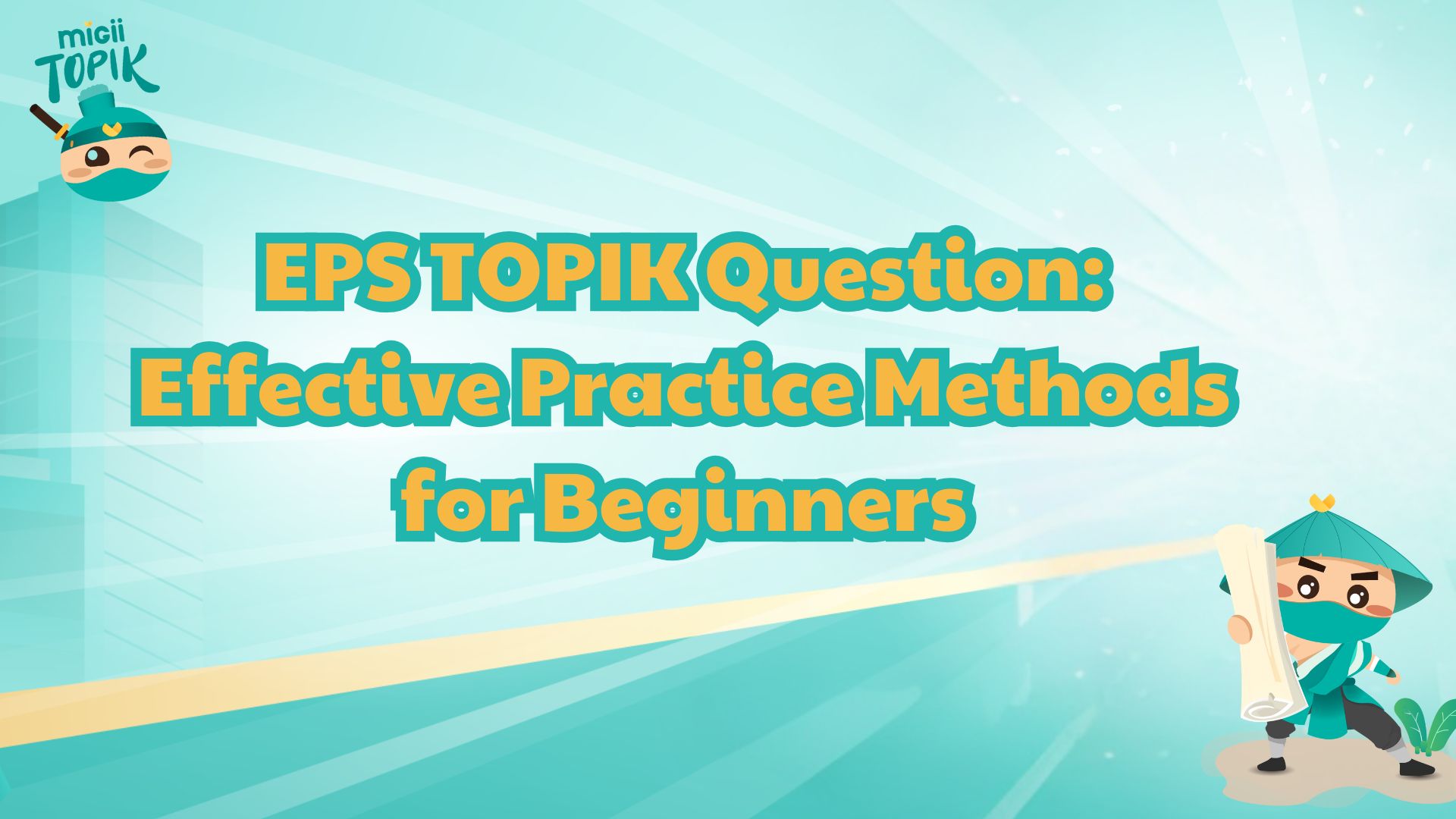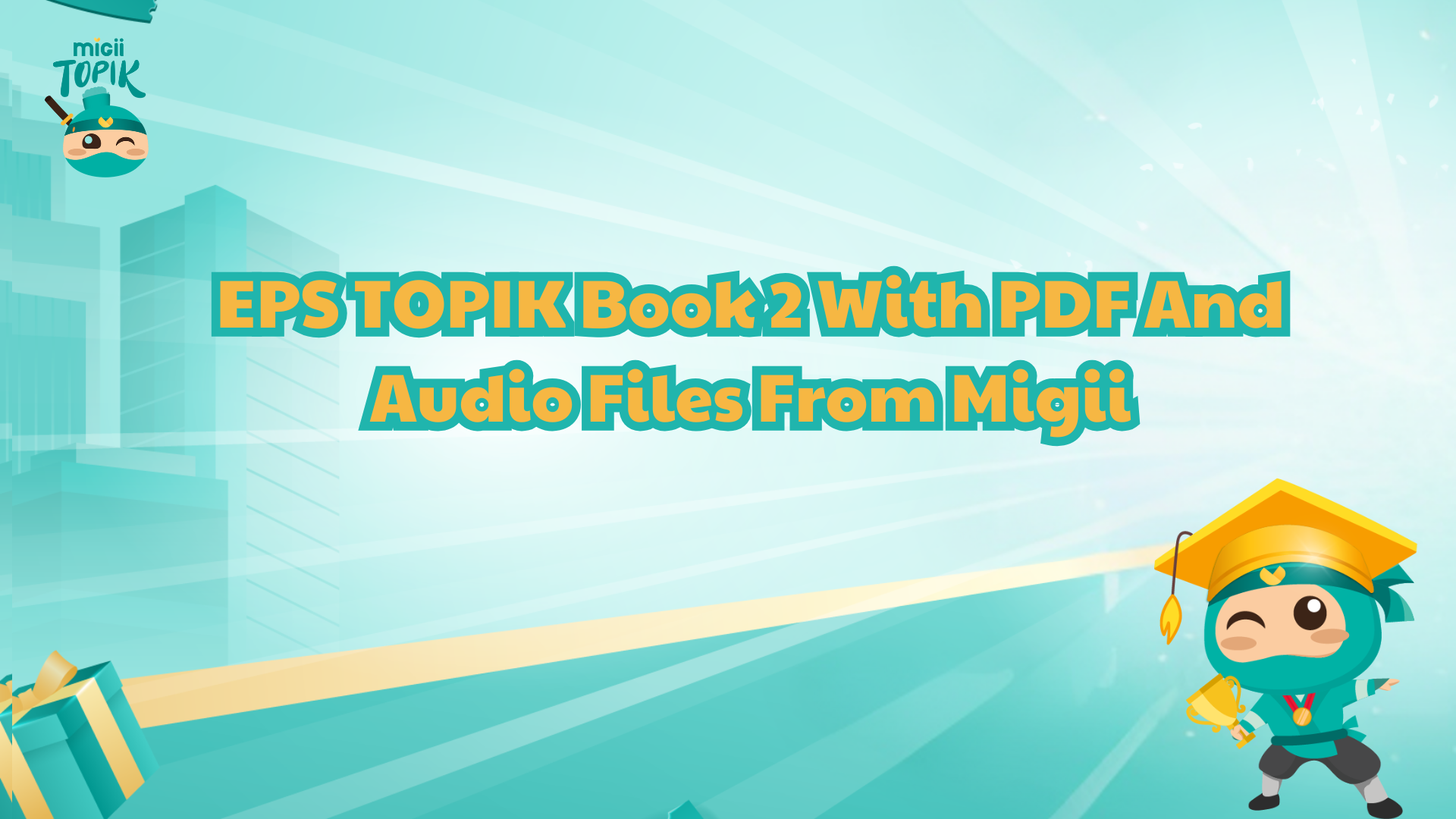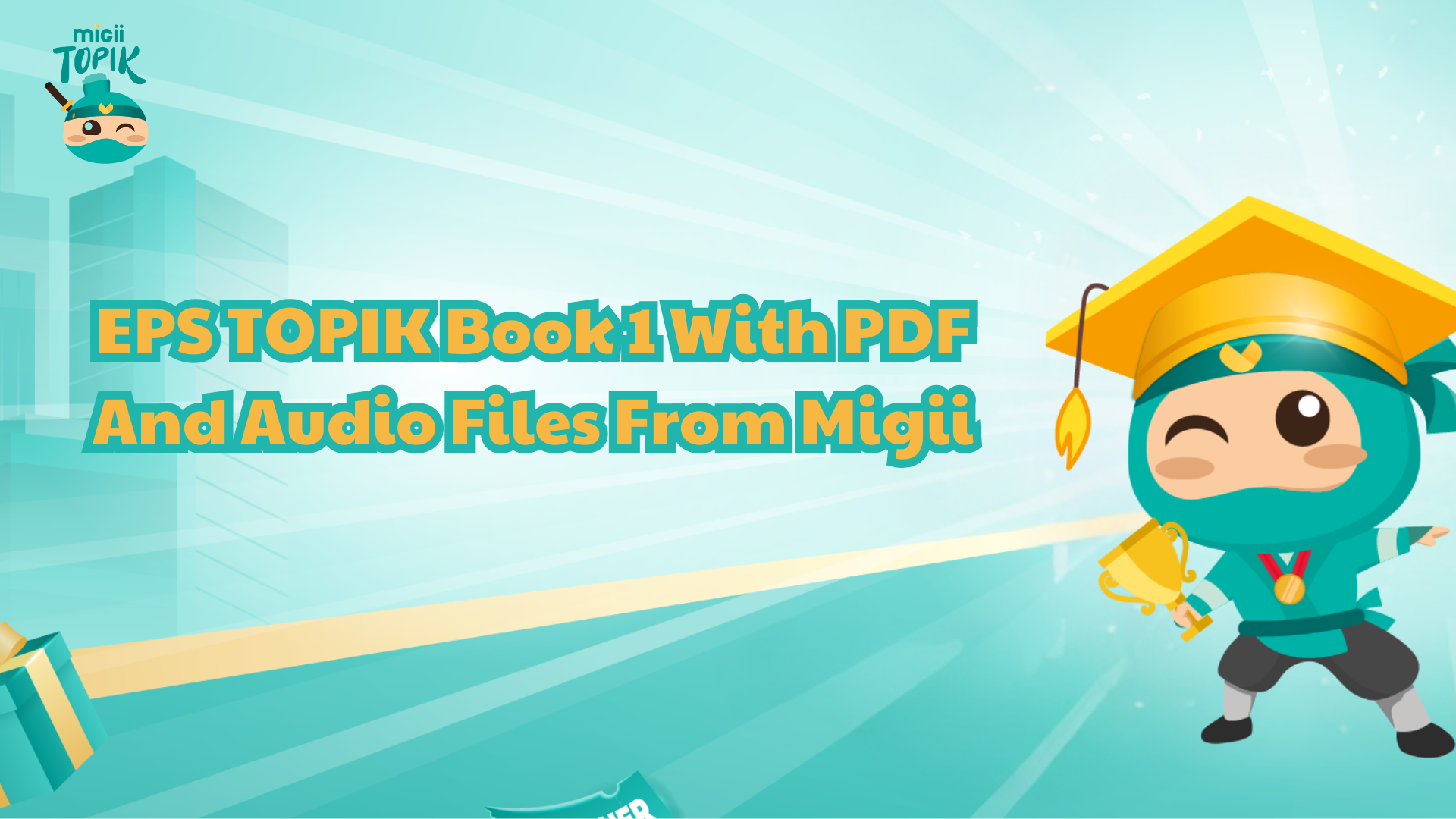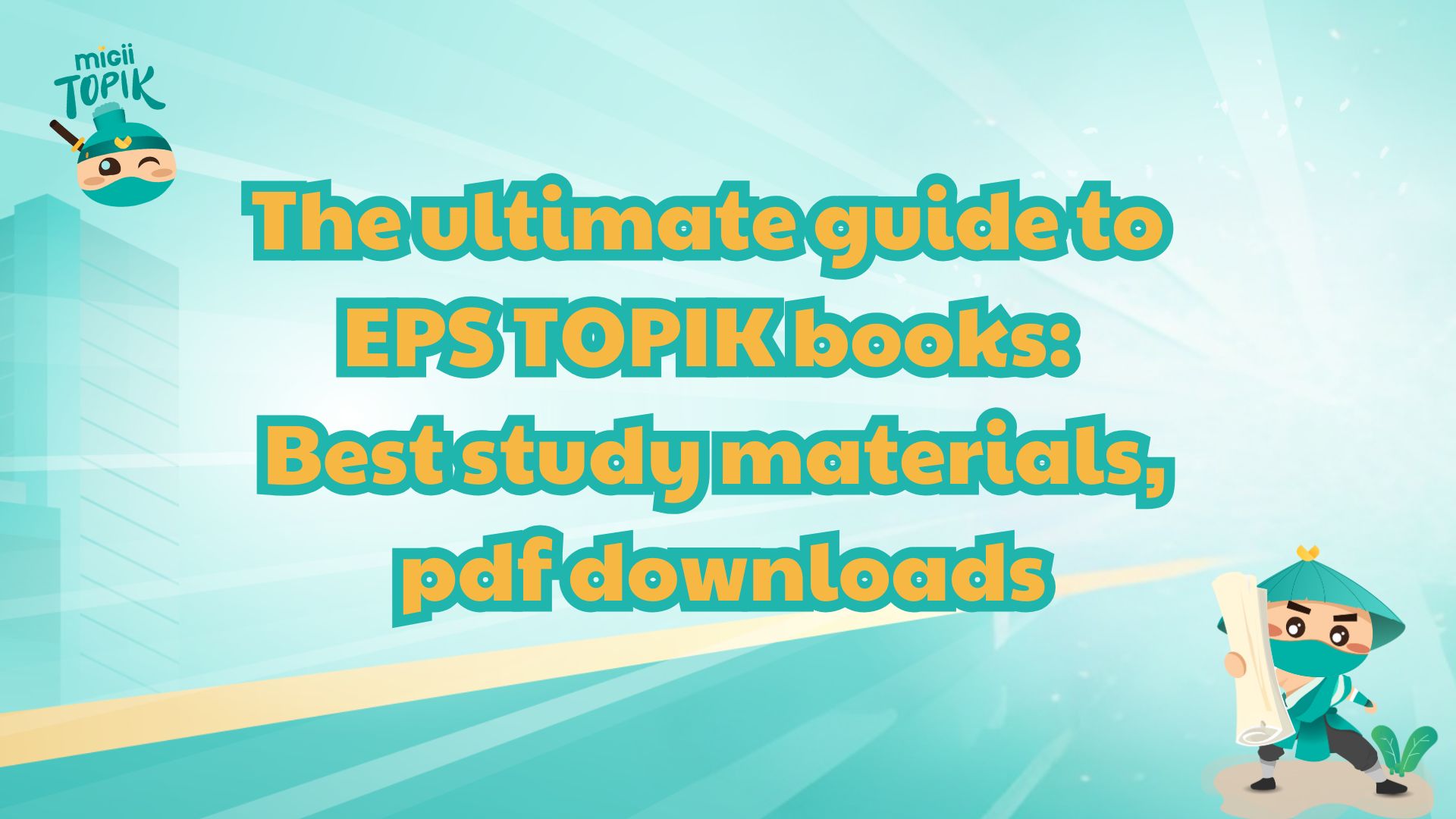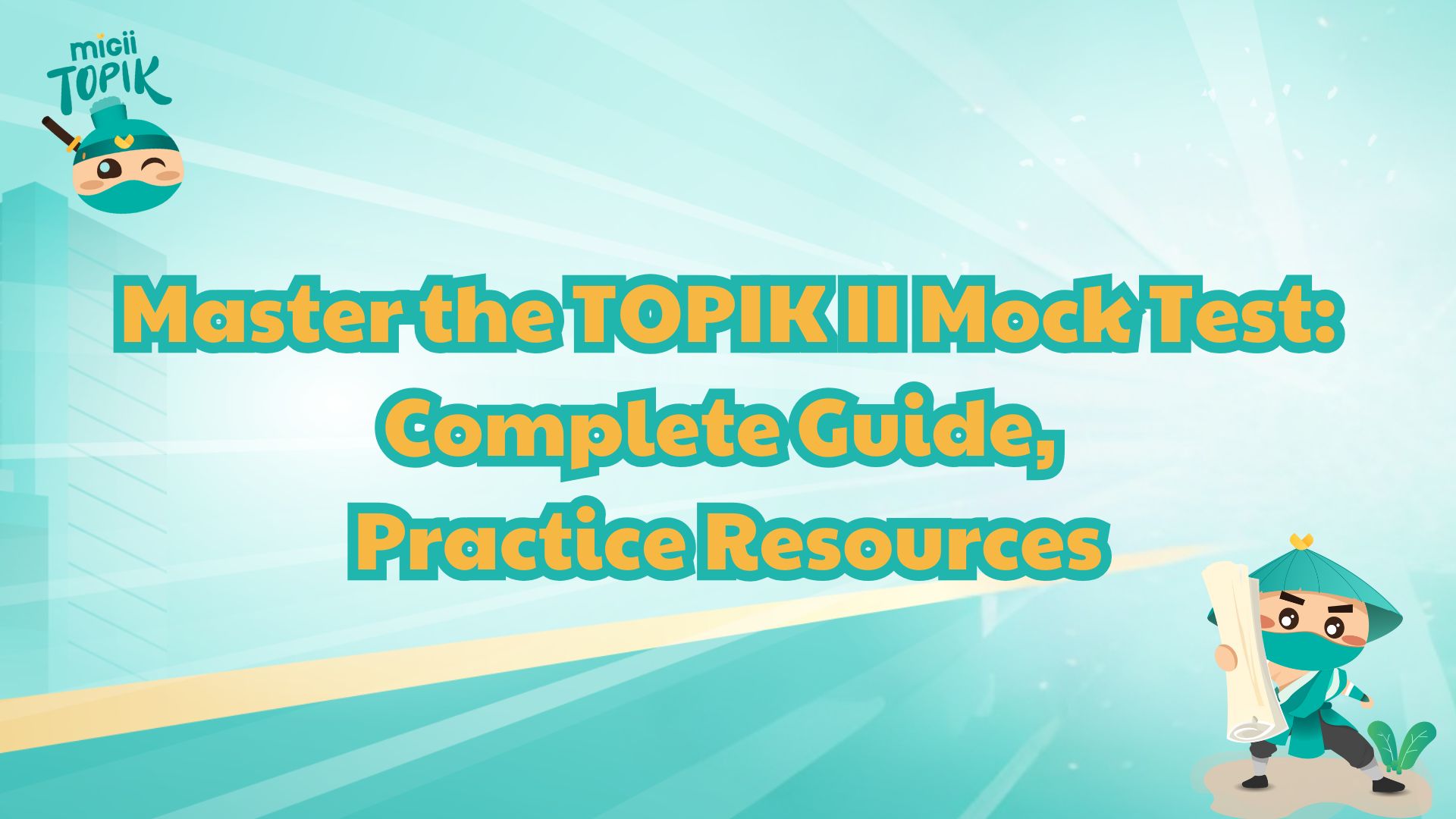1500 essential vocabulary for the JLPT N4 is a key resource for JLPT N4 learners. This book offers a carefully selected vocabulary list to boost your Japanese skills. In this article, Migii reviews the book’s details, target audience, pros, and cons. Find out if this guide is right for your JLPT N4 preparation.
Introduction to the book 1500 Essential Vocabulary for the JLPT N4
1500 Essential Vocabulary for the JLPT N4 is a new and practical vocabulary book designed specifically for learners preparing for the Japanese Language Proficiency Test (JLPT) at the N4 level. Unlike traditional word lists, this book helps you master not only the meanings of words but also how to use them effectively in real contexts.
Vocabulary is organized into clear thematic groups, each accompanied by example sentences that illustrate typical scenes and situations, making it easier to remember and apply the words correctly.
The book is available in printed form, making it convenient to carry and study anytime. It is sold through various online bookstores as well as major retailers, ensuring easy access for learners worldwide. With a reasonable price point and a comprehensive vocabulary list, this book is a valuable resource for anyone aiming to improve their Japanese proficiency at the N4 level.
Key information about the 1500 Essential Vocabulary for the JLPT N4:
- Publisher: Ask Publishing Co., Ltd.
- Publication date: 1 May 2016
- Language: French
- Print length: 198 pages
- ISBN-10: 487217982X
- ISBN-13: 978-4872179828
- Item weight: 231 g
- Dimensions: 12.8 x 1.4 x 18.8 cm
1500 Essential Vocabulary for the JLPT N4 helps you learn words in real contexts
Table of contents and book structure
The structure of 1500 Essential Vocabulary for the JLPT N4 is thoughtfully organized to facilitate efficient learning. For each vocabulary entry, the book provides detailed information including the part of speech, English and Vietnamese translations, and example sentences in Japanese accompanied by English and Vietnamese translations.
Additionally, there is a checkbox next to each word so learners can mark the words they have mastered, making it easy to keep track of progress and resume study seamlessly.
The vocabulary is divided into thematic chapters, each focusing on practical topics relevant to daily life and JLPT preparation. If you are looking for the 1500 essential vocabulary for the jlpt n4 pdf download, this book offers a comprehensive and user-friendly layout that supports systematic study and review:
- Chapter 1: Our Daily Life (私たちの毎日): Covers themes such as Time, Family, Home, Room, and From Morning until Night.
- Chapter 2: Study and Work (勉強と仕事): Includes sections on School, University, Studying, Work (part 1 and 2), and useful communication phrases like greetings.
- Chapter 3: Fun Things (楽しいこと): Focuses on Travel, Cooking (Eating and Making), Shopping, and Places. This chapter also features a supplementary section called “Also learn this!” which introduces animals, Japanese counters, and the 47 prefectures and major cities of Japan.
- Chapter 4: Going Outside! (出かけよう!): Explores themes like Weather, Nature, Vehicles, Driving, and World. It includes an additional “Also learn this!” segment about countries and regions.
- Chapter 5: Relationships Between People (人と人との関係): Covers Communication, Lovers, Troubles, Hobbies, Sports, and features an extra section on sports-related vocabulary.
- Chapter 6: Health and Conditions (けんこうとようす): Includes Body & Health, Illness & Injuries, Fashion, and two parts on Conditions. This chapter also contains a supplement titled “Also learn this!” focused on colors and various states.
- Chapter 7: When? Where? (いつ?どこで?): Encompasses topics such as News, Promises, Feelings, plus supplementary sections on adverbs (parts 1 & 2), conjunctions, and useful honorific expressions for communication.
1500 Essential Vocabulary for the JLPT N4 organizes vocabulary for easy learning
Target audience for the book
If you are searching for effective study materials, the 1500 essential vocabulary for the JLPT N4 pdf download free is a valuable resource that many learners turn to for exam preparation. This book offers a comprehensive list of essential words with clear examples and thematic organization, making it easier to master vocabulary needed for the JLPT N4 level:
- Beginners preparing for the JLPT N4 exam: This book is ideal for those who are new to Japanese or just starting their JLPT N4 preparation. It provides a clear and manageable list of essential vocabulary, making it easier for beginners to build a solid foundation and gain confidence in their language skills.
- Learners who want to review and strengthen essential vocabulary for JLPT N4: For students who have already started studying Japanese but want to reinforce and expand their vocabulary, this book offers a well-organized thematic approach. It helps learners systematically review important words and understand their usage in context.
- Teachers and language centers looking for effective teaching materials: Educators can use this book as a structured resource to support their lessons. The thematic chapters, example sentences, and progress tracking features make it a practical tool for classroom teaching or tutoring sessions.
Strengths and weaknesses of 1500 Essential Vocabulary for the JLPT N4
When choosing a vocabulary resource for JLPT N4 preparation, it’s important to consider both the advantages and limitations of the material. Below is an overview of the key strengths and weaknesses of 1500 Essential Vocabulary for the JLPT N4 to help you decide if this book fits your learning needs.
Strengths
- The book focuses on 1500 essential vocabulary words for the JLPT N4 exam which helps learners save time and effort by targeting the most relevant words
- Vocabulary is organized clearly by familiar themes making it easier for learners to absorb and remember new words
- Each vocabulary item comes with example sentences and exercises that allow learners to reinforce their knowledge through practical use
- Suitable for a diverse range of learners whether studying in Japan or abroad
- Acts as a motivational companion encouraging learners to stay confident and dedicated throughout their study
1500 Essential Vocabulary for the JLPT N4 effectively supports focused vocabulary learning
Weaknesses
- The actual vocabulary coverage may be less than 1500 words and might not cover all words needed for the N4 exam requiring learners to use supplementary materials
- The book only focuses on vocabulary and does not include grammar, kanji, or other JLPT skills such as listening, speaking, reading, and writing
- Learning vocabulary effectively requires consistent effort and perseverance, which might be challenging for some learners
- Studying vocabulary alone can become monotonous, so combining with other learning methods is recommended to keep motivation and improve effectiveness
Tips on how to study effectively using 1500 essential vocabulary for the JLPT N4
Studying vocabulary efficiently is key to passing the JLPT N4 exam. Using 1500 Essential Vocabulary for the JLPT N4 as your study guide can be highly effective if approached with the right strategies. Here are some tips to help you maximize your learning and retain vocabulary better:
- Break your study into manageable daily goals: Set a target to learn about 10–15 new words each day. By focusing on a small number of words, you avoid feeling overwhelmed and can dedicate enough time to fully understand and memorize each term. Consistency in daily learning helps build a strong foundation without burnout.
- Engage actively with example sentences: Don’t just read the example sentences silently; say them out loud to improve pronunciation and retention. Afterward, try writing your own sentences using the new vocabulary. This active use of words in different contexts helps solidify your understanding and makes it easier to recall them during the exam or conversation.
- Utilize the checkbox system to track your progress: Each word in the book has a checkbox, make it a habit to mark words only when you feel confident using them. When reviewing, prioritize words that remain unchecked or that you struggle to remember, ensuring your study time focuses on areas that need improvement.
- Create and review flashcards for difficult vocabulary: For words that are hard to remember, create physical or digital flashcards, such as with Anki or Quizlet. Review these flashcards daily using spaced repetition methods, which research shows is highly effective for long-term vocabulary retention.
Tips for using JLPT N4 book boosts effective learning
